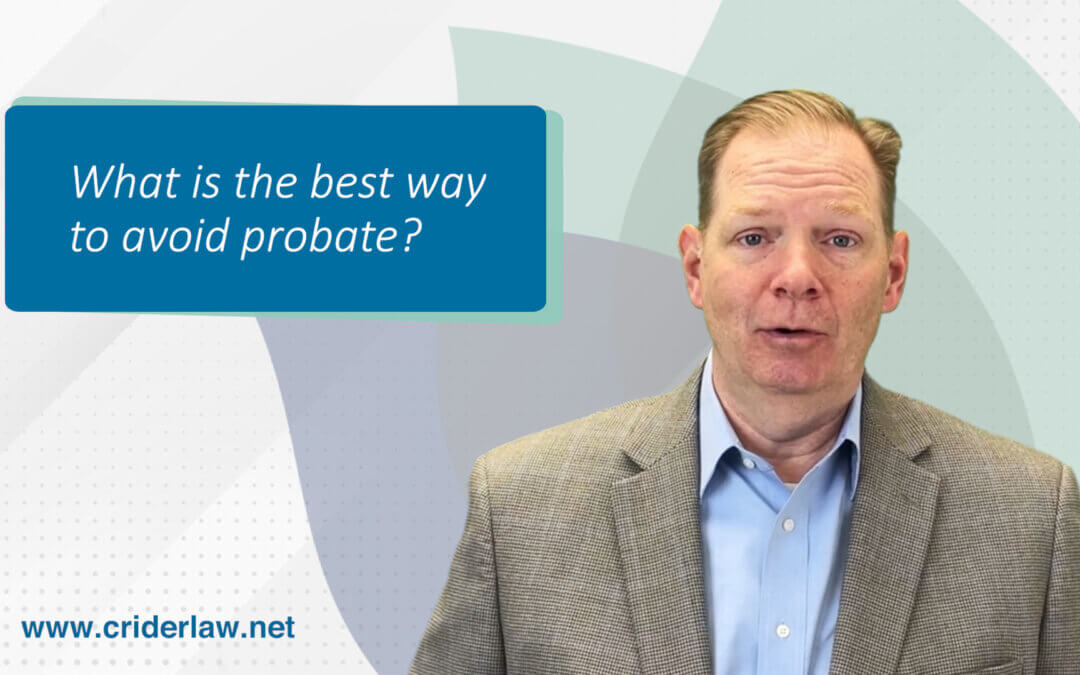
Is estate planning important for first responders?
If you are a first responder, it is vitally important for you to do estate planning. If you’re a fire person, if you’re a police officer, if you are a medical care provider, if you’re a social worker who responds to pressureful situations or Crisis situations, it is critical that you do estate planning.
The reason for this, as you know, is that first responders have a very high stress, high pressure job. It’s also high risk, and if something were to happen to you, you want to make sure that your family is taken care of. And the way to do that is to plan in advance. Have a revocable trust, have a will, have all of your health care documents in place, have a financial power of attorney in place. It is critically important for yourself and for your family that you have done proper estate planning.
If you are a first responder, if you have questions about estate planning and would like to discuss this more, please click the link or contact us through our website:







